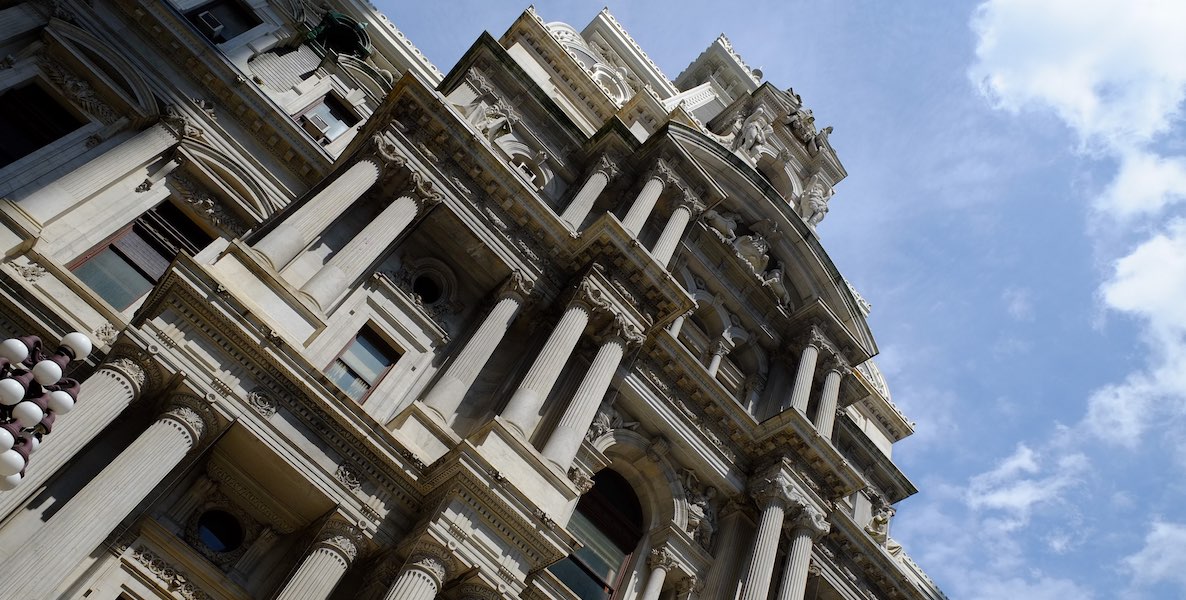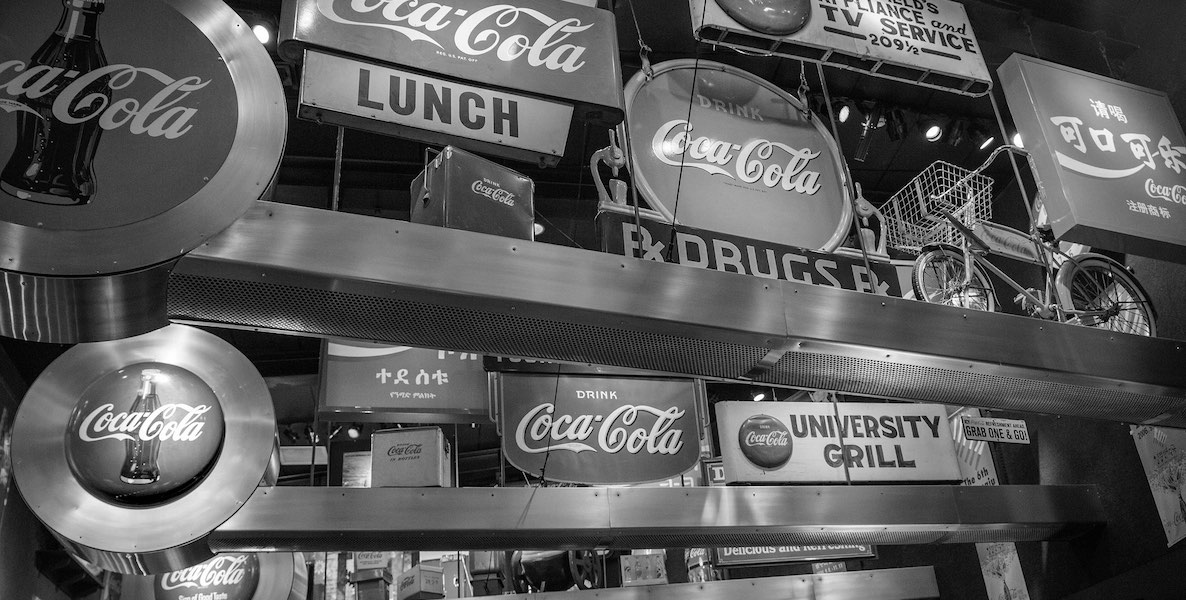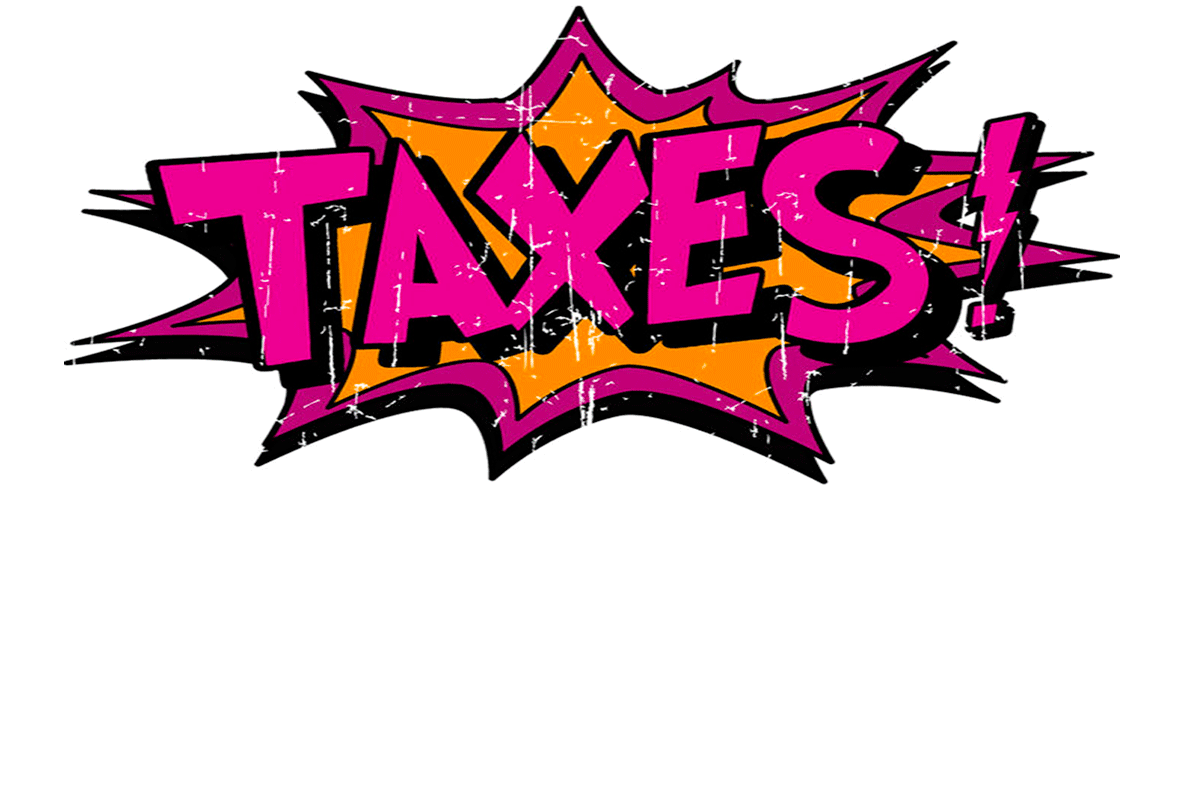If you were asked to diagram how to run an inefficient government, you just might focus your case study on Philadelphia’s history of raising taxes and juxtapose that against how we’ve collected them. We’re the highest taxed big city in the nation, and we just finished an exhaustive political back and forth that resulted in yet more tax increases, this time on sugary drinks and real estate transfer fees.
Yet, while politicians argue about how to increase revenue, the city is owed something like $750 million in back taxes and water and sewer delinquencies, $492 million of which is unpaid property taxes accumulated over close to the last 40 years.
Something wrong with this picture? I recently ran into City Councilman Allan Domb, who wrestled over the soda tax before ultimately voting for it. I asked him: Shouldn’t we be going after what we’re owed before seeking to hit the taxpayer up for yet more revenue?
Domb smiled and invited me to stop by his office, where his staff would walk me through the issue. Turns out, he’s made delinquent tax collection the cornerstone of his agenda; I asked his Chief of Staff, Diane Lucidi, if it’s been the Councilman’s number one priority. “Is there a number before one?” she deadpanned.
![]() Domb likes to tell his staff, “Take one idea and it’s plagiarism; take many ideas, and it’s research.” So, before he was even elected, he had embarked on a tax collection best practices tour. He attended seminars and interviewed Brad Westover, the executive director of the National Tax Lien Association. “Pretend you’re Philadelphia,” Domb said to Westover. “If you were my city, facing what we’re facing, what would you do?”
Domb likes to tell his staff, “Take one idea and it’s plagiarism; take many ideas, and it’s research.” So, before he was even elected, he had embarked on a tax collection best practices tour. He attended seminars and interviewed Brad Westover, the executive director of the National Tax Lien Association. “Pretend you’re Philadelphia,” Domb said to Westover. “If you were my city, facing what we’re facing, what would you do?”
“I’d look at New York,” Westover replied.
Domb had found his case study. Many cities collect delinquent taxes by selling their tax liens to third parties, who then own that debt and go after the taxpayer to collect on it. That’s called a bulk lien sale, and that’s how Philadelphia’s two tax lien sales last year operated, generating some $17 million in collections once notice of the pending sale went out to taxpayers.
That’s not how New York has done it ever since the mid 1990s, when, under then-Mayor Rudy Giuliani, the city introduced a tax lien securitization system. The results have been impressive; in the first year of its new system, New York collected more than $1 billion of its $2 billion in back taxes. Twenty years ago, New York’s collection rate hovered around 90 percent; it’s now close to 99 percent. Philadelphia collects roughly 92 percent of its back taxes every year; one percentage point increase could be worth in excess of $15 million, with 55 percent of that total dedicated to school funding. And Domb is convinced much of that money is just sitting there, waiting to be collected.
“It’s not like Mrs. Smith, who is 90 years old, is going to get thrown out of her house—no one wants to throw anybody out of their houses. This is about getting those who can, to pay. It’s unfair. 92 percent of the citizens of this city pay their taxes and they’re paying for those who don’t pay.”
Domb commissioned Westover and his National Tax Lien Association to conduct a feasibility study: Could we replicate New York’s success here? In July, Domb was able to leverage his support for the soda tax into a press conference, attended by both Mayor Jim Kenney and Council President Darrell Clarke, to release the findings of the study. The upshot: Using the securitization model, Philadelphia in the first year would collect at least $90 million to $120 million of that outstanding $492 million, and roughly $30 million per year thereafter, over and above what’s already being collected.
Here’s how the securitization system works. Uncollected property tax debt gets transferred to a city-owned trust, which then issues bonds purchased by investors. A portion of the proceeds is used to pay the city for the sale of the tax liens, but—and here’s a key difference—the city remains in control. The city hires a manager and servicers to collect the debt. Because the bonds fund roughly 70 percent of the value of the liens, the city stands to not only get paid up front for the sale, but will also pocket the remaining 30 percent of what’s collected after the investors are made whole. In this way, the city is both the seller and buyer, and gets to exercise discretion not afforded in a bulk lien sale. For example, in the securitized model, the city can exempt low-income properties, protecting them from being foreclosed upon.
Last year, according to Domb, the notice of the forthcoming lien sales resulted in 55 percent of debtors either paying their bill or setting up a payment plan, almost double industry average.
“I’ve done some collection in the past in the private sector,” says the realtor commonly referred to as the Condo King. “That collection rate tells me the money is there. Roughly 40 percent of the delinquent taxpayers live outside the city, and I think nearly 60 percent of those properties are commercial investment properties. So think about this. 92 percent of people in the city do pay, and of the 8 percent that don’t pay, almost half don’t live here and more than half are commercial investment property owners. So it’s not like Mrs. Smith, who is 90 years old, is going to get thrown out of her house—no one wants to throw anybody out of their houses. That’s not what this is about. This is about getting those who can, to pay. It’s unfair. 92 percent of the citizens of this city pay their taxes and they’re paying for those who don’t pay.”
Twenty years ago, New York’s collection rate hovered around 90 percent; it’s now close to 99 percent. Philadelphia collects roughly 92 percent of its back taxes every year; one percentage point increase could be worth in excess of $100 million, with 55 percent of that total dedicated to school funding.
By retaining control, Domb’s plan allows for politically smart exemptions, among them tax debts under $1,000, as well as those accumulated by disabled and senior homeowners with incomes under $37,000 and members of the military. By framing the issue as one of basic fairness, Domb, a newcomer to politics, is showing some adept messaging acumen.
In the aftermath of the Great Recession, bulk lien sales are considered by many to be the next iteration of big bank predatory behavior, because generally collectors are free to assess excessive interest and fees on the loans. Domb’s Council colleagues are understandably wary of something that would displace or otherwise harass their constituents. But Domb’s plan guards against that, by leaving city government in control of collection. He has seemingly figured out a way to use a sophisticated financial instrument as a means to a populist end.
Kenney hasn’t explicitly endorsed the securitization model. The city just ended a Request For Proposal process seeking bidders to design and implement a tax lien sale; based on those bids, the administration will determine whether to do another bulk sale or follow the New York model, which would require legislation from Council. There are firms who do businesss with the city that specialize in bulk sale tax lien collection and they are no doubt wedded to maintaining the status quo. But when Kenney spoke at the July press conference, it sure sounded like Domb had convinced him that his plan was the way to go. “This is not about getting Grandma,” the Mayor said. “This is about those who are thumbing their nose at us, live in other cities, and don’t pay their taxes.”
When I visited Domb, he called in his team, many of whom, he stressed, took pay cuts to leave the private sector and join him. On his desk in front of him sat a nameplate reading: “Silence Is Better Than Bullshit.” Domb got a devilish smile as he had staffers bring me document after document. “Can I tell him what’s next?” he asked Lucidi and her team. “What’s water and sewer owe? $100 million?”
Policy director David Tusio and legislative counsel Rachael Pritzker dug up the report and put it before their boss. “Oh my God,” Domb says, looking at the report. “I was off by over $100 million. We’ve got $255 million in delinquencies? That’s ridiculous.”
Early in his term, Domb asked the Revenue Department for a monthly report of ![]() the collection status of every tax the city levies. “Like a Board of Directors report,” he says; Council hadn’t regularly received one in the past. Domb has nothing but praise for Revenue Commissioner Frank Breslin, the Mayor, and Council President Clarke, but it’s clear he and his staff have run into a culture that has long been allergic to implementing innovative solutions.
the collection status of every tax the city levies. “Like a Board of Directors report,” he says; Council hadn’t regularly received one in the past. Domb has nothing but praise for Revenue Commissioner Frank Breslin, the Mayor, and Council President Clarke, but it’s clear he and his staff have run into a culture that has long been allergic to implementing innovative solutions.
That’s why how the issue of tax collection shakes out will be very telling about the Kenney administration; will it return to bulk sales—the way it’s always been done—or will the Mayor embrace Domb’s best practices approach? The answer might be a harbinger of things to come. “The thing is,” the freshman Councilman says, “if more people in this government viewed this money as if it was theirs, the better chance we’d have to collect it. The most valuable employee in any company is the one who views the company’s money as if it’s theirs.”
Domb looks at his staff. “They’re sick of hearing me say it,” he says. “But one of the things you’ve got to instill in people is DIN—Do It Now. Too often, people in government are like, ‘Ah, we’ll get to it.’ But if it was your money, you’d do it now. That’s a tidal wave change that has to occur.”






